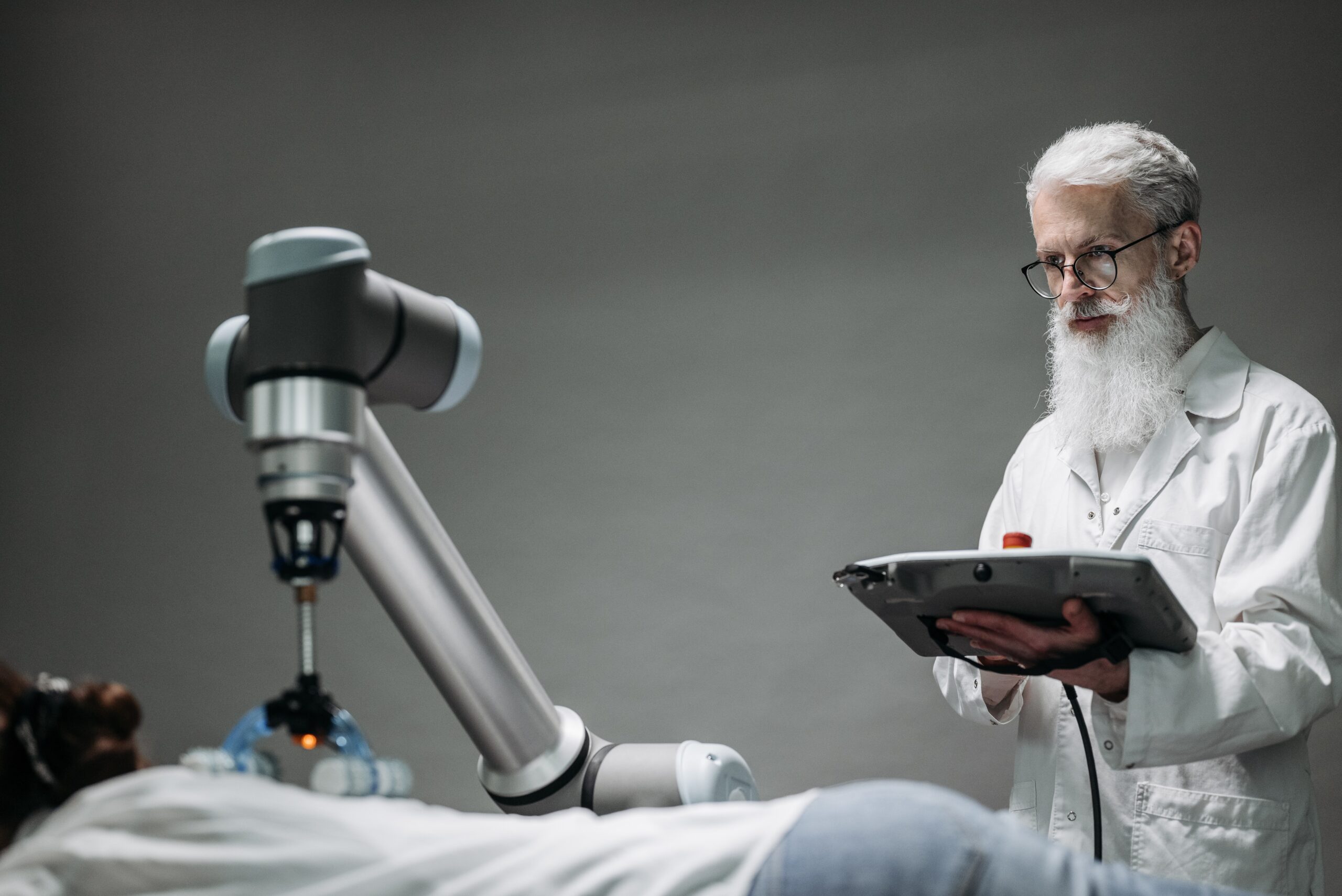Artificial intelligence (AI) has witnessed remarkable advancements in recent years, bringing forth immense opportunities and transforming various industries. However, concerns and misconceptions surrounding AI’s potential harm to humans have also emerged. In this post, we aim to address these concerns and shed light on the realities of AI’s impact on human well-being.

- Automation and Job Displacement:
One common fear associated with AI is widespread job loss due to automation. While it is true that AI can automate certain tasks, it is important to note that historical evidence indicates technology-driven shifts have often resulted in the creation of new jobs. AI is more likely to augment human capabilities, freeing individuals from mundane tasks and enabling them to focus on higher-level work that requires creativity, critical thinking, and emotional intelligence.
- Ethical Considerations and Bias:
AI algorithms are only as unbiased as the data they are trained on. Concerns about bias arise when AI systems reflect the biases present in the data used for training. However, these biases can be identified, addressed, and mitigated through responsible data collection, diverse datasets, and algorithmic fairness measures. Ethical guidelines and regulations are being developed to ensure the responsible and unbiased deployment of AI technologies.
- Impact on Privacy and Security:
AI relies on vast amounts of data, which raises valid concerns about privacy and security. However, it is important to recognize that AI itself is not inherently harmful. The risks lie in the potential misuse or mishandling of data. Implementing robust data protection measures, including encryption, anonymization, and secure storage, is essential to safeguard privacy and mitigate security risks associated with AI applications.
- Human-AI Collaboration and Empowerment:
AI is not intended to replace humans; rather, it has the potential to augment human capabilities and empower individuals. By automating routine tasks, AI frees up human resources to engage in more meaningful, strategic, and creative endeavors. The collaborative interaction between humans and AI systems can lead to more efficient and effective outcomes across various domains, ranging from healthcare to education and business operations.
- Improving Safety and Efficiency:
AI can significantly enhance safety and efficiency in industries such as transportation, manufacturing, and healthcare. Self-driving cars aim to reduce human error, making roads safer. AI-powered systems in manufacturing improve productivity and quality control. In healthcare, AI assists doctors in diagnosis, treatment planning, and drug discovery, leading to improved patient outcomes. These advancements have the potential to save lives and enhance overall well-being.
Conclusion:
While concerns about the potential harm of AI are valid, it is crucial to differentiate between the technology itself and the responsible use and implementation of AI. The benefits of AI are vast, including increased productivity, improved decision-making, and enhanced safety. By addressing ethical considerations, ensuring transparency, and prioritizing human-AI collaboration, we can harness the power of AI for the betterment of humanity. Striking a balance between technological advancements and human well-being is key to unlocking AI’s full potential and ensuring a future where AI serves as a valuable tool that benefits individuals, society, and the world as a whole.